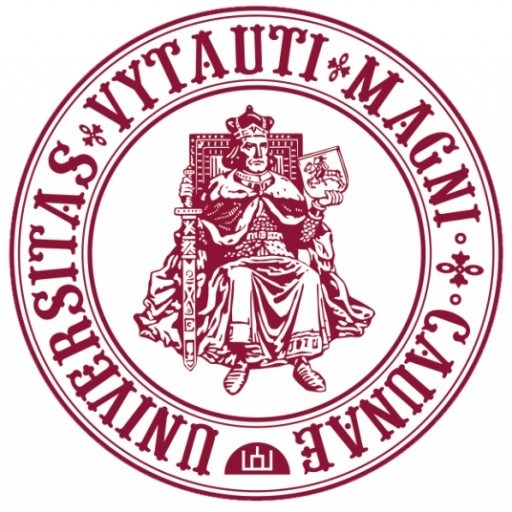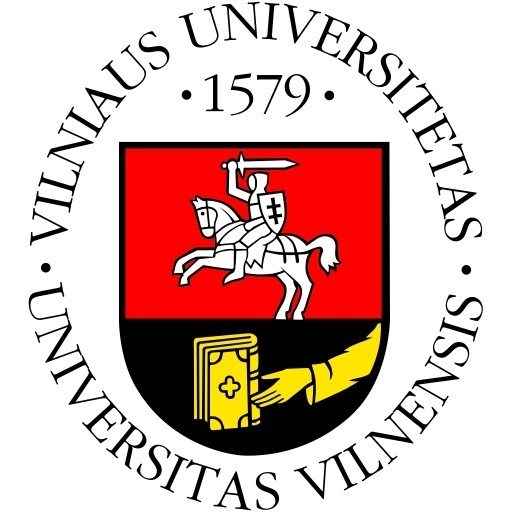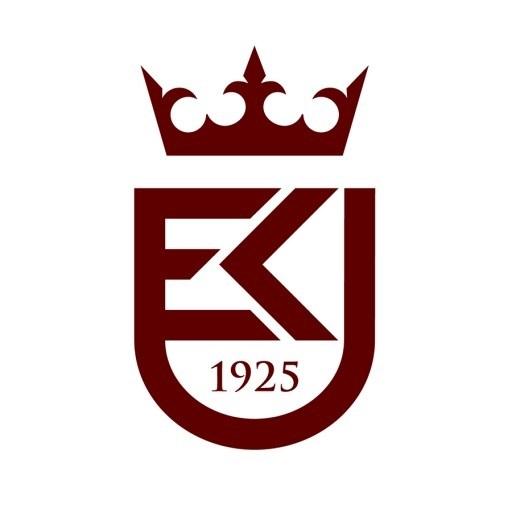Photos of university / #vduni
European Economic Studies at Vytautas Magnus University offers students a comprehensive understanding of the core principles and contemporary issues of economics within the European context. This program is designed to provide students with a solid foundation in economic theory, quantitative methods, and policy analysis, enabling them to analyze complex economic phenomena and contribute to decision-making processes at national and European levels. The curriculum combines theoretical coursework with practical skills, emphasizing macroeconomics, microeconomics, European integration, international trade, and economic policy development. Students engage in case studies, research projects, and internships that enhance their analytical and problem-solving abilities. The program also highlights the importance of sustainable development, digital transformation, and social inclusion in economic strategies. Graduates are equipped with the critical thinking and technical skills necessary for careers in government institutions, international organizations, research centers, and private sector enterprises. The teaching staff consists of experienced economists and researchers who use modern teaching methods and actively participate in international academic networks, ensuring that students are exposed to current trends and best practices in European economic studies. Upon completion, students will receive a recognized diploma that prepares them for further studies or entry into the competitive job market. The university's location in Lithuania provides a unique vantage point for studying regional economic integration and cooperation, offering students additional opportunities for international exchange and networking. The program aims to develop well-rounded professionals capable of addressing economic challenges and promoting sustainable development across Europe and beyond.
European Economic Studies at Vytautas Magnus University offers a comprehensive and multidisciplinary curriculum designed to prepare students for successful careers in the dynamic world of economics and European integration. The program provides a solid foundation in economic theory, quantitative methods, and policy analysis, combined with a deep understanding of the European Union’s institutions, policies, and legal frameworks. Students will explore topics such as micro and macroeconomics, international trade, public finance, economic development, and European economic integration, fostering critical thinking and analytical skills essential for operating in complex economic environments. The curriculum also emphasizes practical skills through case studies, internships, and project-based learning, enabling students to apply theoretical knowledge to real-world economic challenges faced by the European Union and its member states. Graduates will be equipped with the ability to analyze economic trends, develop strategic solutions, and contribute to policymaking processes at national and European levels. The program also promotes linguistic proficiency and intercultural competence, essential for effective communication in diverse European contexts. With a strong emphasis on research and analytical skills, students are encouraged to undertake independent projects and participate in international exchanges, broadening their global perspective. The European Economic Studies program at Vytautas Magnus University aims to cultivate responsible, innovative, and globally-minded economists ready to address contemporary challenges and contribute to European integration and economic development.
Mandatory coursework in European Economic Studies at Vytautas Magnus University includes a comprehensive curriculum designed to equip students with in-depth understanding of economic theories, European integration processes, and regional economic policies. The program requires completion of core courses such as Microeconomics, Macroeconomics, International Economics, and Economic Policy Analysis. Students are also expected to enroll in specialized subjects like European Union Economic Policy, Regional Development Strategies, and Comparative Economic Systems to gain insights into the economic mechanisms within Europe. In addition to coursework, students must undertake practical training or internships to apply theoretical knowledge in real-world settings, fostering skills in economic research, policy analysis, and strategic planning. The program emphasizes multilingual proficiency; therefore, students are encouraged to develop strong skills in English, Lithuanian, and other European languages to effectively engage with diverse economic data and international partner institutions. A research component is integral to the program, where students are required to complete a thesis or final project that demonstrates their ability to analyze complex economic issues related to Europe, using empirical methods and critical evaluation. To graduate, students must accumulate a set number of ECTS credits through coursework, internships, and thesis work, following the guidelines set by Vytautas Magnus University. The program aims to prepare graduates for careers in policy analysis, economic consultancy, and roles within European institutions, emphasizing analytical competence, regional economic expertise, and multilingual communication skills essential for the competitive European job market.
The Financing studies of the European Economic Studies program at Vytautas Magnus University offer a comprehensive overview of financial management, investment analysis, and economic decision-making within the European context. The program provides students with the theoretical knowledge and practical skills necessary to understand financial markets, banking systems, and corporate finance. Students are introduced to various financing sources, including loans, equity, and grants, as well as financial planning and risk management strategies essential for business sustainability and growth. The curriculum emphasizes analytical tools and quantitative methods used in financial decision-making, preparing graduates for careers in financial institutions, consulting firms, and multinational corporations operating in Europe. Moreover, the program covers topics such as financial regulations, taxation, and fiscal policy, giving students a well-rounded understanding of the financial environment within the European Union. Students also have opportunities for internships and practical projects, allowing them to apply theoretical concepts in real-world scenarios. The program aims to develop skills in financial analysis, strategic planning, and ethical decision-making, which are vital for successful careers in finance and economics. Graduates of this program are equipped to analyze financial data, develop investment strategies, and advise organizations on financial decisions. The program's detailed courses on funding mechanisms and economic policies ensure that students are well-prepared to navigate the complexities of European financial markets and institutions. Overall, the Financing studies component of the European Economic Studies program is designed to foster in-depth knowledge, critical thinking, and practical expertise, supporting students' professional development in the dynamic field of finance within the European landscape.
The European Economic Studies program at Vytautas Magnus University offers students a comprehensive education in the field of economics within the European context. The program aims to prepare graduates with a solid understanding of economic theories, quantitative methods, and practical skills necessary for analyzing economic issues at both national and European levels. Students are introduced to key areas such as microeconomics, macroeconomics, international economics, and European integration, enabling them to understand the functioning of European economies and their interactions within the global market.
The curriculum emphasizes critical thinking, analytical skills, and the ability to interpret economic data, preparing students for careers in various sectors including public administration, private corporations, international organizations, and research institutions. Practical training is fostered through case studies, projects, and internships, often in cooperation with European institutions and businesses. The program also aims to develop students’ language skills and intercultural competence, which are essential in the international economic environment.
Graduates of the European Economic Studies program are equipped to pursue careers in economic analysis, policy advisory, consulting, and further academic research. The program benefits from Vytautas Magnus University’s strategic location and strong connections within the European Union, providing students with additional opportunities for exchanges, internships, and participation in international projects. Overall, the program is designed to produce knowledgeable, skilled, and adaptable economists who can contribute effectively to economic development and integration in Europe.









